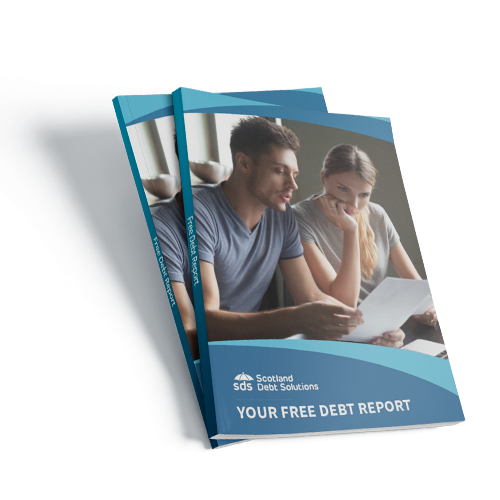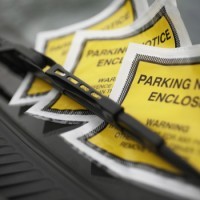What is an Overdraft?
An overdraft can be likened to a financial buffer. It's essentially a form of credit added to your bank account which allows you to use more than what's currently in your account, up to an agreed limit. The overdraft is an option that many people can ask their bank for.
It can be a convenient way of borrowing as your account has already been set-up and, for the bank, it's a simple function of adding the overdraft facility. But it's crucial to note that overdrafts are common type of debt and the bank can feasibly request full repayment ‘upon demand’. This means that the lender can, effectively, request you pay the overdraft limit at any time.
Also, it's worth bearing in mind that overdrafts can often have higher interest rates than other ways of borrowing – in addition to fees for the creation and administration of the overdraft itself – which can make them an expensive way to borrow money.
















